According to Dr. Nguyen Huy Hoang, Vietnam - Russia High Pressure Oxygen Center, Ministry of National Defense , many people believe that washing rice too thoroughly will cause the loss of nutrients such as fiber, vitamins, iron, and zinc that are beneficial to the body. If you do not wash rice, you will not be able to clean the dirt stuck in the rice.
In fact, rice contains a lot of calcium, vitamins, and minerals. Therefore, you should not wash or rub too hard to lose the important nutrients of the rice grains.
However, washing rice helps you remove microplastic particles in rice due to the transportation, packaging, and storage process. Washing rice also removes dirt, sand, and gravel mixed in the rice. Rice contains a very small amount of inorganic arsenic, which can be removed by washing rice. In addition, washing rice also removes anti-termite chemicals that the seller has applied, if any.
Studies have shown that just 30 seconds of washing rice can remove many harmful substances. Washing rice before cooking will make the rice stickier when cooked.
You should not wash the rice for too long or too thoroughly. Do not soak the rice for too long before cooking. Just wash the rice, stir gently, and drain the water to remove sand. Remove any debris or sand before cooking. Wash your hands thoroughly when washing to limit dirt from sticking.
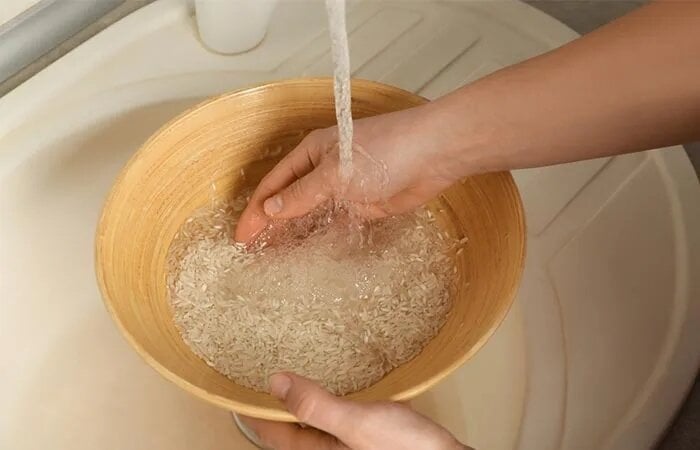
Many women wonder whether they should wash rice thoroughly before cooking. (Illustration photo)
According to physician Bui Dac Sang, Academy of Science and Technology, Vietnam Oriental Medicine Association, white rice is regular rice (glutinous rice, sticky rice) that we cook every day but the outer bran layer has been milled away, leaving only the white rice core.
White rice contains high nutritional content such as magnesium, vitamins, iron, calcium, protein, carbohydrates and is the main source of energy in the Vietnamese diet.
Brown rice contains more nutrients because it is not milled. A cup of cooked brown rice contains 84 mg of magnesium, while white rice only has 19 mg. The bran layer of brown rice also contains a special oil that helps regulate blood pressure, reduce bad cholesterol, and prevent cardiovascular disease, but eating too much can cause indigestion.
According to traditional medicine practitioners, brown rice or white rice are both nutritious, depending on each person's needs to choose the appropriate one. However, through the milling and pounding process, 77% of vitamin B3, 80% of vitamin B1, 90% of vitamin B6, half of manganese and most of the fiber are lost.
Source








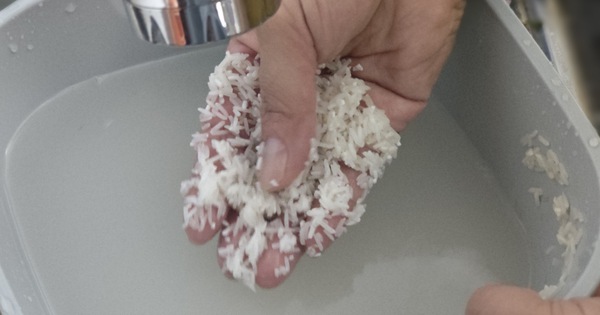

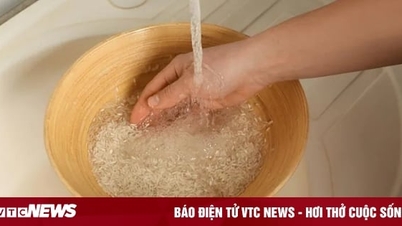




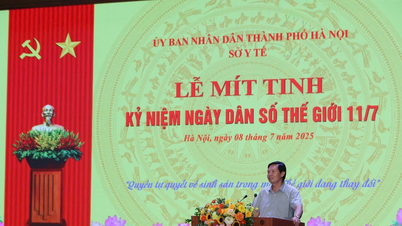




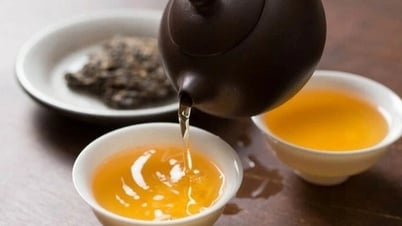
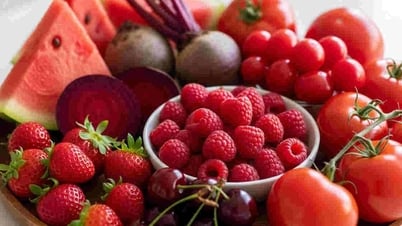























































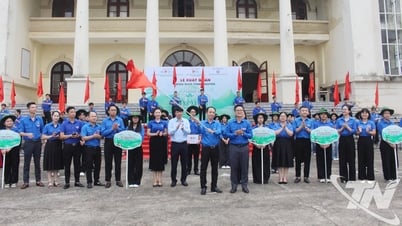



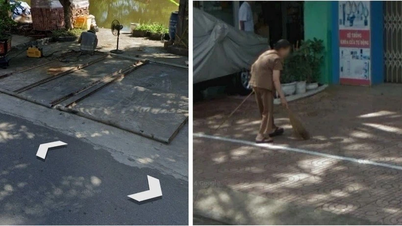

















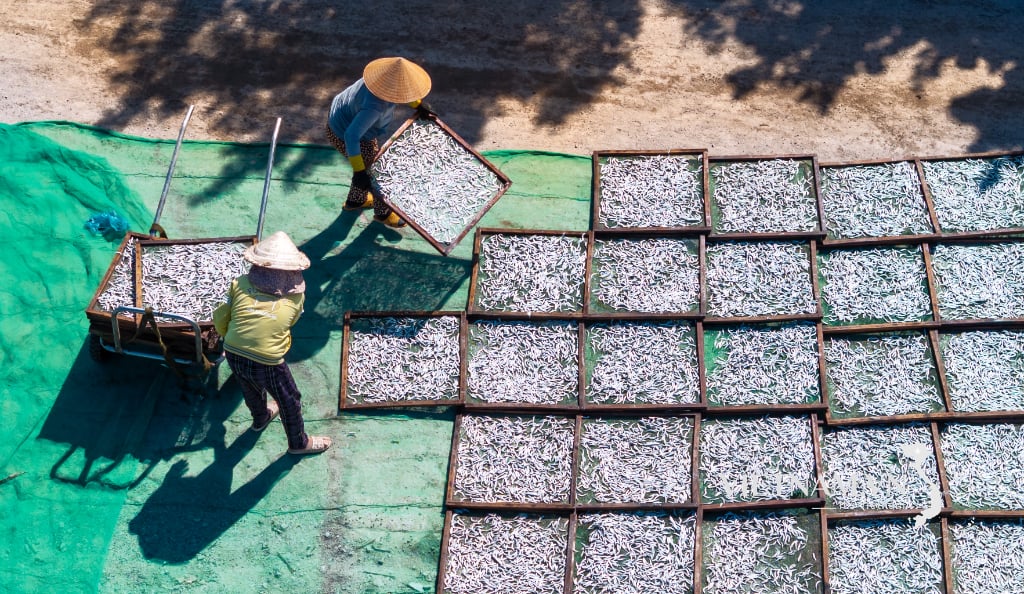
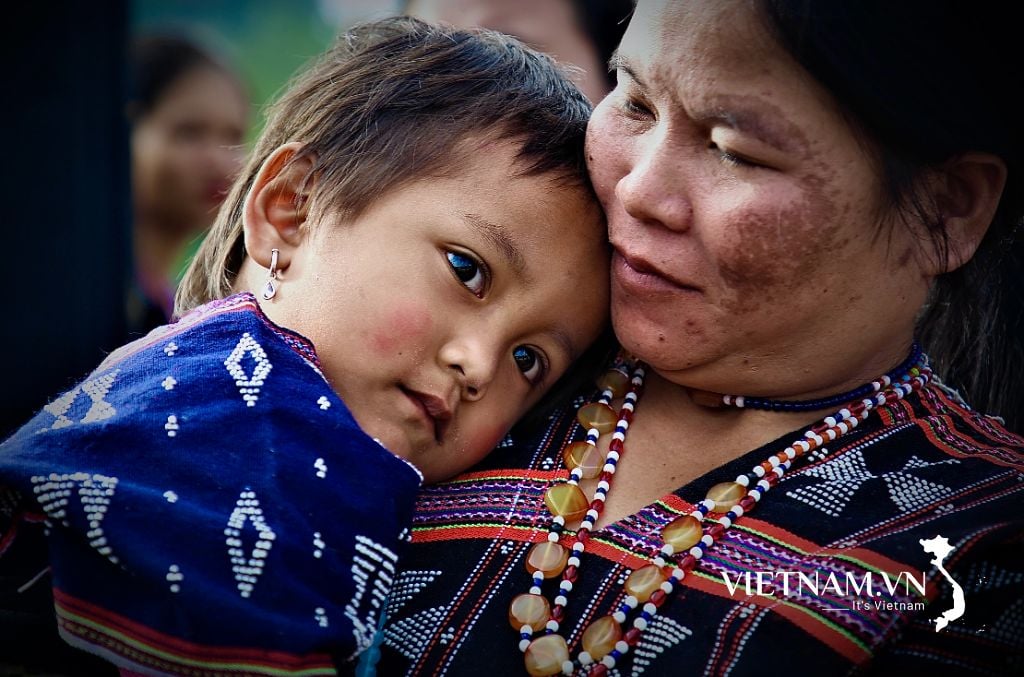
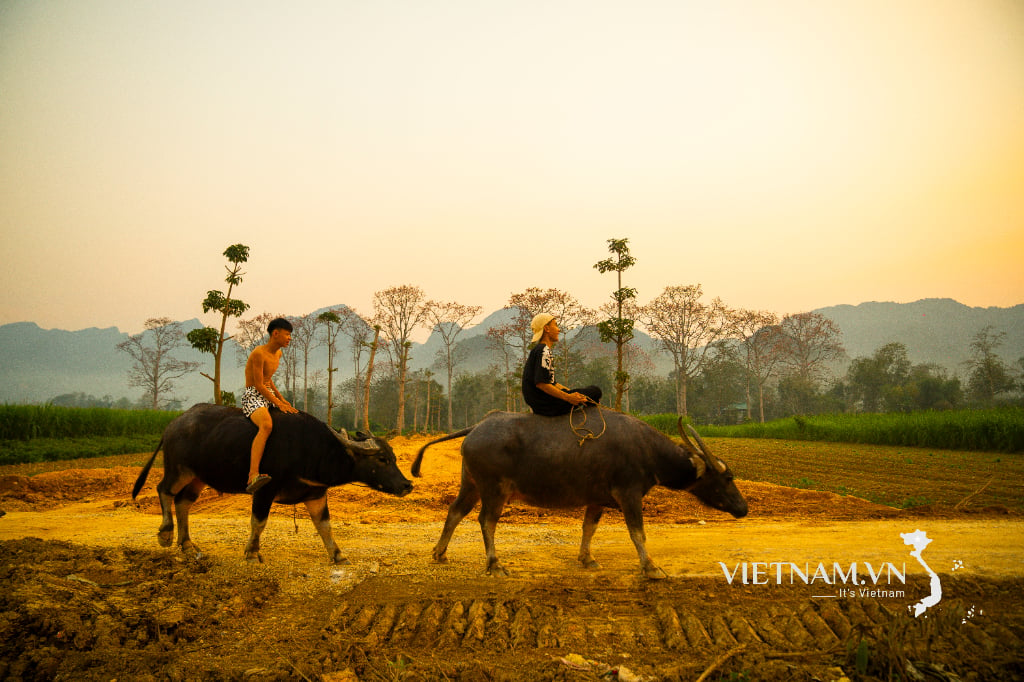
Comment (0)